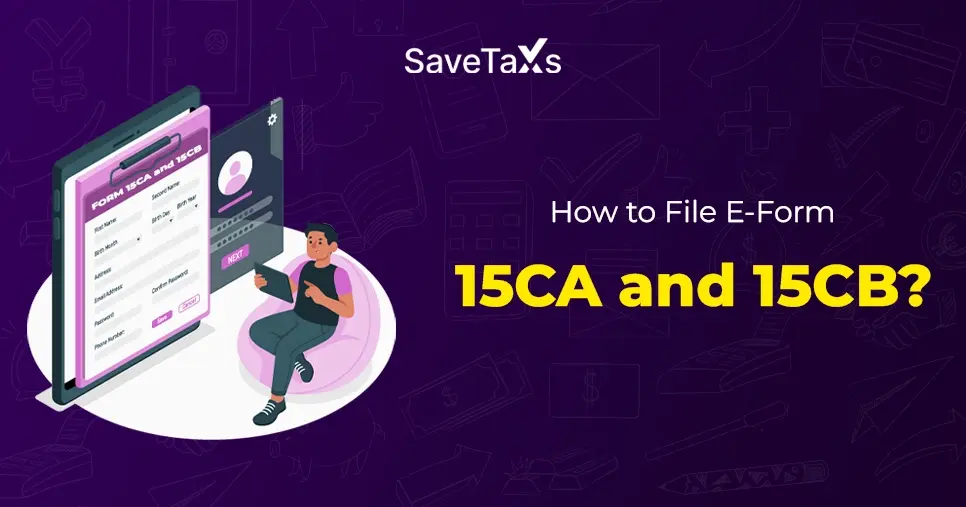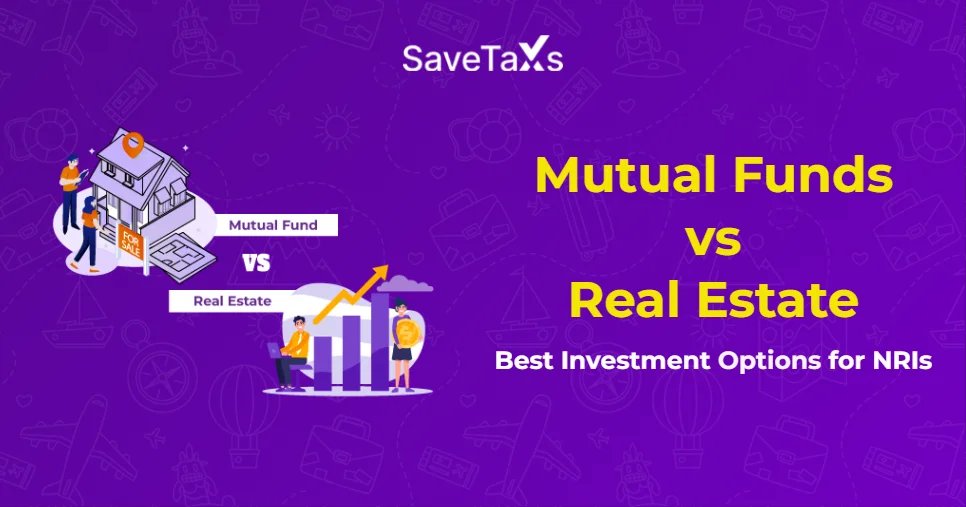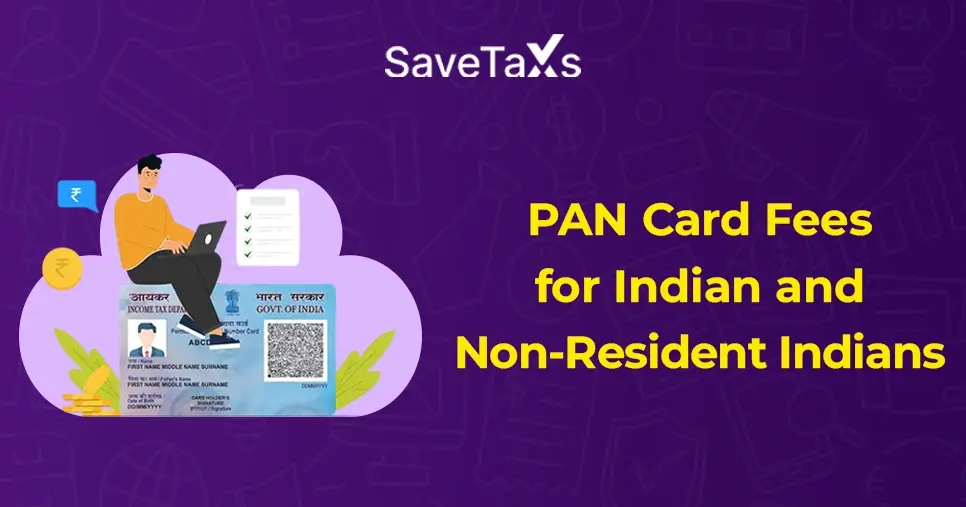The DTAA, or Double Taxation Avoidance Agreement, is an initiative signed between the governments of India and the Netherlands. India has signed such an agreement with nearly 100 countries. The agreement applies to residents of one or both nations. Under this agreement, an individual can claim the taxes paid in one country as a credit in another country to ensure that the tax is being paid effectively in only one country. The DTAA between India and the Netherlands offers benefits to both nations when claiming tax-related benefits and encouraging economic growth. This blog will help you understand everything about the India-Netherlands DTAA and details related to it.
What is the DTAA Between India and the Netherlands?
In 1989, the government of India decided to enter into a double taxation avoidance agreement with the Netherlands to help the taxpayers in avoiding double taxation in both nations. This agreement applies to various types of taxes, including dividends and income taxes.
The DTAA between India and the Netherlands was founded on the values of justice and equity, forming a tax credit and exemption mechanism to avoid double taxation of the income received by an individual. It means that if an Indian resident earns income in the Netherlands, the income will be subject to taxation only in India and not in the Netherlands. Likewise, if a Dutch person receives income in India, it will only be taxed in the Netherlands and not in India.
The Netherlands has now become the new most favourable destination for investors due to the recent revisions in trade treaties between India and several other countries like Singapore, Mauritius, and Cyprus, prohibiting investment routing. If a Dutch shareholder fulfills specific requirements of the agreement, they can avail a specific exemption from Indian capital gains tax.
What is the Significance of the DTAA for India and the Netherlands?
The DTAA between India and the Netherlands has importance for both nations in the context of taxation and investment aspects. The agreement has been beneficial in facilitating foreign investment from the Netherlands. The DTAA agreement prevents double taxation on income received from Dutch organizations in India, attracting more Dutch corporations to invest here. It also governs the information sharing between the two countries, hence helping in reducing tax avoidance and evasion.
Since the Netherlands is one of the largest investors in India, Dutch businesses get the advantage of enjoying significant tax benefits as per the provisions of this agreement and avoid paying taxes twice. The DTAA agreement helps in promoting trade between India and the Netherlands, ensuring economic stability for both nations.
Simplify NRI taxation & maximize savings under DTAA.
What are the Taxes Covered Under the India-Netherlands DTAA?
Under the DTAA agreement between India and the Netherlands, Article 2 of the agreement covers the taxes. The following are the details for the same:
- Income and capital taxes incorporate any tax charged on a person's income or capital gains, either on the total amount or certain aspects. It includes profit taxation acquired from selling an asset, salary taxation paid by firms, or taxes on capital appreciation.
- This agreement applies to taxes on capital gains and income earned in one state or its political local authorities or subdivisions.
- The taxes applicable in the countries are as follows:
- The Netherlands:
- Income tax
- Wages tax
- Dividend tax
- Capital tax in the Netherlands tax
- Tax on net profits from selling government shares following the Mining Act of 1810, according to the concession issued from 1967, or taxes charged as per the Continental Shelf Mining Act of 1965 of the Netherlands.
- India:
- Surtax
- Wealth tax or Indian tax
- Income tax, including surcharges.
- The Netherlands:
- The DTAA convention applies even to taxes that are similar or nearly identical, even if they are imposed after the agreement has been signed. The respective state's competent authorities must notify each other of any significant changes made in their taxation laws.
Note: As per the context, "State" refers to India or the Netherlands under the DTAA agreement.
Applicable Tax Rates for the DTAA Between India and the Netherlands
According to the India-Netherlands DTAA, the applicable tax rates depend on income types, some of which are subject to taxation under withholding tax. It includes dividends, royalties, interest, and technical service fees. It specifies that a company must be a beneficial owner, holding at least 10% capital distributing dividends of the company. The applicable tax rate is 10%.
Furthermore, TDS also applies to the interest earned according to the DTAA, for which the rate followed by the Netherlands is 10%.
Capital Gains Taxation Under the DTAA
Under Article 13 of the agreement, there are provisions for taxation of capital gains:
- If a business in one contracting state sells a movable property from a fixed base in another state for personal services, then the earnings received may be subject to taxation in the other state.
- A resident acquiring gains of one state for transferring an immovable property, as mentioned in Article 6, and gets situated in another state, may be taxed in that other state.
- If you are a resident of one state and sell some shares in a corporation belonging to another state that has real estate in that state, then you may be liable for taxation in that state. This requirement is only applicable if the shares are not listed on a recognized stock market and you hold more than 25% capital stock of the company.
- Profits acquired from selling ships or aircraft that are used in international commerce, or related movable assets, shall be taxed only in the state where the enterprise's effective management is situated. The rules of Article 8A (3) may apply for this purpose.
Stay Compliant with Indian Tax Laws, Claim Deductions, and Avoid Penalties.
To Conclude
The DTAA is an essential financial agreement signed between two nations to help the tax-collecting authorities in maintaining transparency in regard to tax deductions. The India-Netherlands DTAA helps an Indian taxpayer who has their income sources in the Netherlands to prevent double taxation in both nations. With the help of the agreement provisions, you also get the option to claim TDS and other credit benefits.
In short, it is essential to check all the DTAA provisions before filing your taxes if you earn income from the Netherlands. However, researching and understanding all the provisions on their own may get tough for an individual; that is when you should contact SaveTaxs. We have a team that carries more than 30 years of experience and can assist you throughout the DTAA process.
You can contact our experts anytime, as they are actively working 24/7 across all time zones, so that you can get the best-quality service that you deserve. So, no matter where you live, contact us anytime and claim the benefits of the DTAA treaty without following any complicated procedures.
Note: This guide is for informational purposes only. The views expressed in this guide are personal and do not constitute the views of Savetaxs. Savetaxs or the author will not be responsible for any direct or indirect loss incurred by the reader for taking any decision based on the information or the contents. It is advisable to consult with either a Chartered Accountant (CA) or a professional Company Secretary (CS) from the Savetaxs team, as they are familiar with the current regulations and help you make accurate decisions and maintain accuracy throughout the whole process.

Mr. Ritesh has 20 years of experience in taxation, accounting, business planning, organizational structuring, international trade financing, acquisitions, legal and secretarial services, MIS development, and a host of other areas. Mr Jain is a powerhouse of all things taxation.
- Double Tax Avoidance Agreement (DTAA) Between India and China
- A Comprehensive Guide on the DTAA between India and the USA?
- Double Tax Avoidance Agreement (DTAA) Between India and UK
- Double Tax Avoidance Agreement (DTAA) Between India and Mauritius
- Double Tax Avoidance Agreement (DTAA) Between India and Ireland
- Double Tax Avoidance Agreement (DTAA) Between India and Australia
- Double Tax Avoidance Agreement (DTAA) Between India and Oman
- What is the Double Tax Avoidance Agreement (DTAA) Between India and Singapore?
- Double Tax Avoidance Agreement (DTAA) Between India and Japan
- Double Tax Avoidance Agreement (DTAA) Between India and Hong Kong
Want to read more? Explore Blogs
Frequently Asked Questions
No matter what your source of income is, we've got you covered. There’s a plan for everybody!
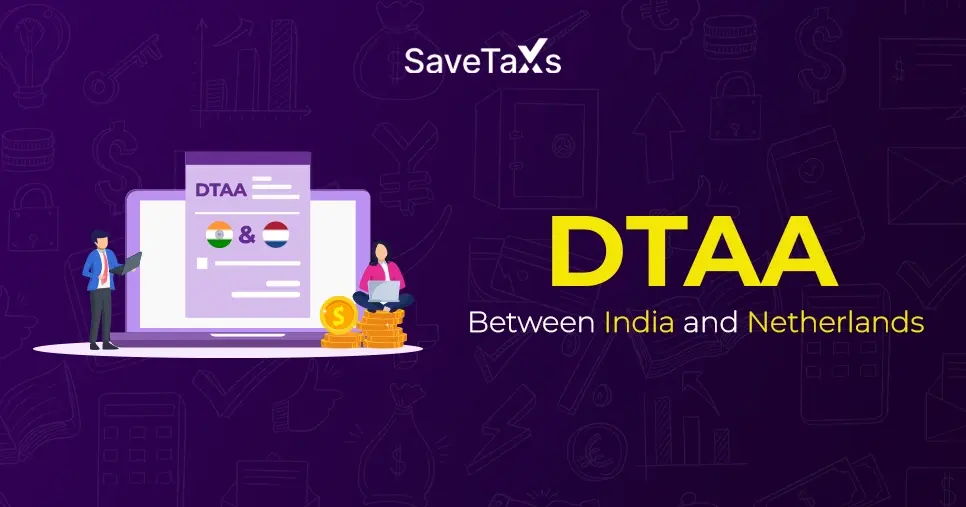
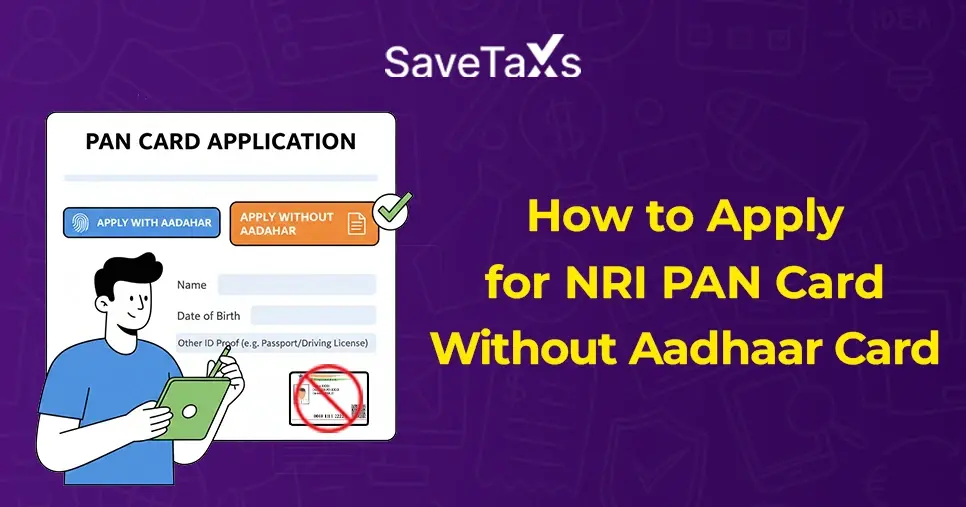
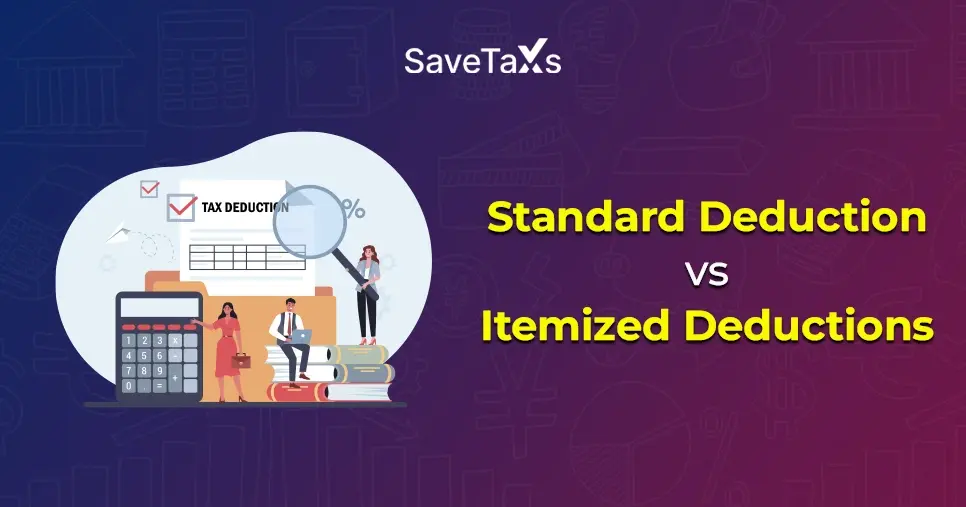
_1767942734.webp)
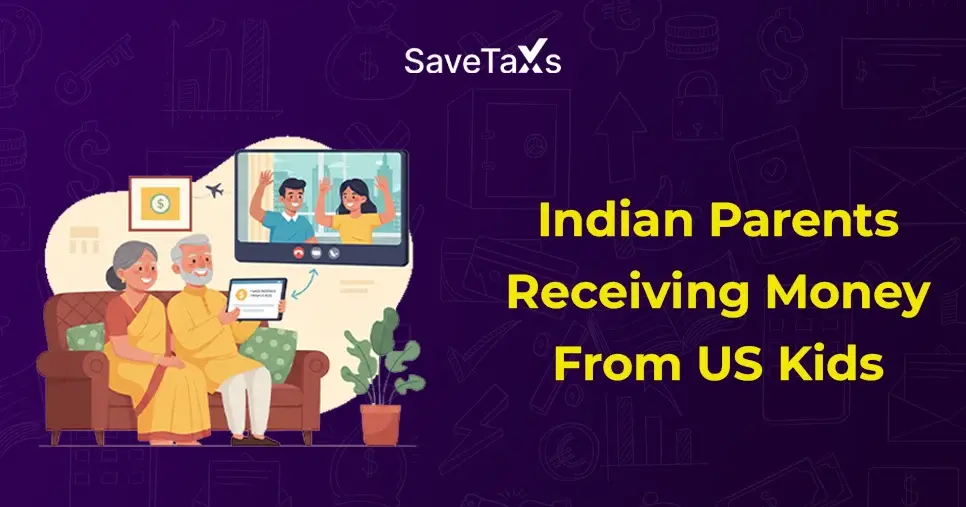
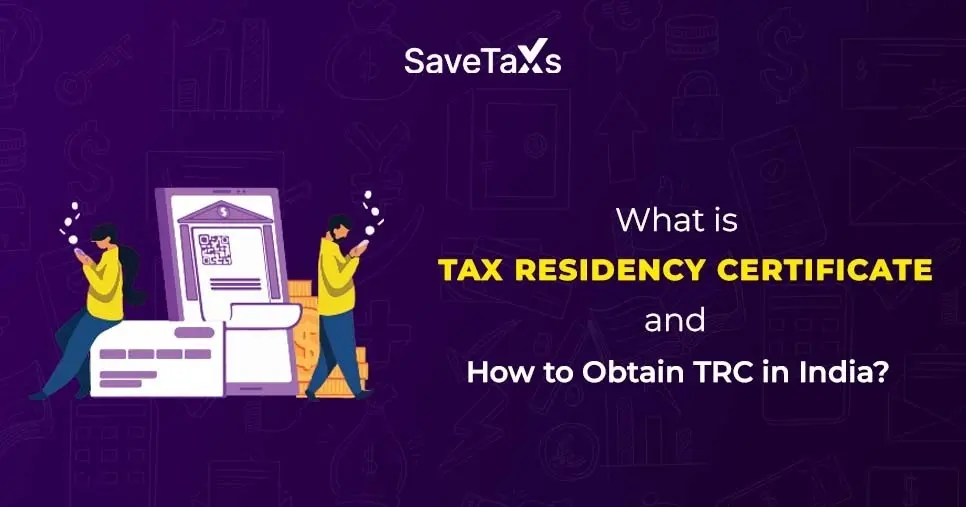
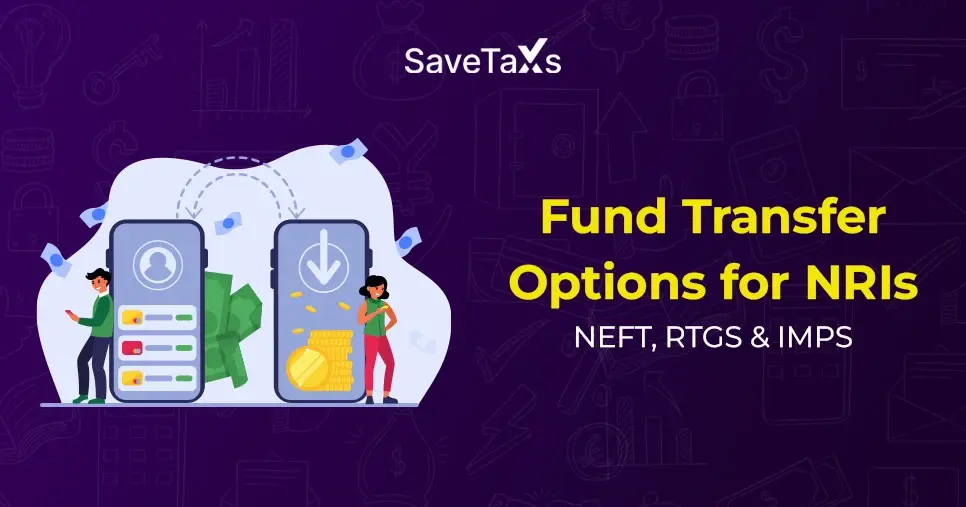
_1767333184.png)
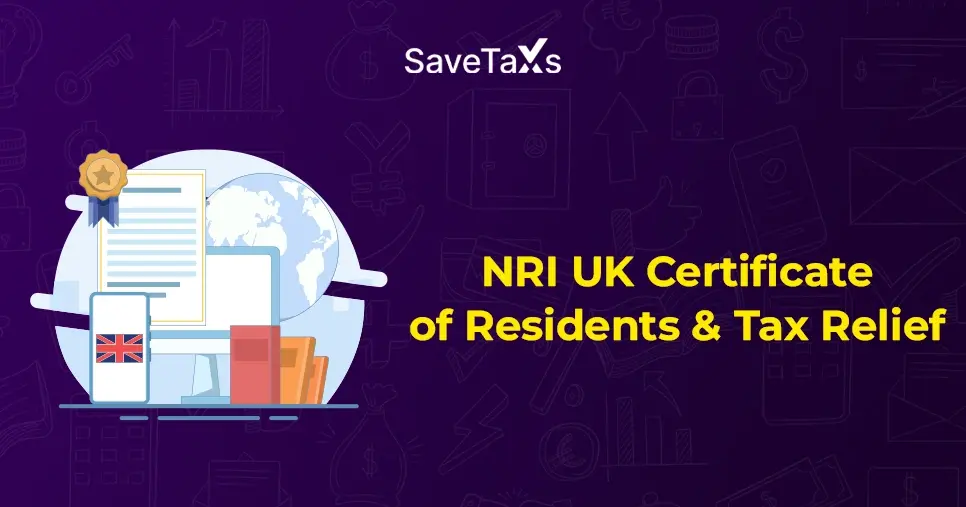
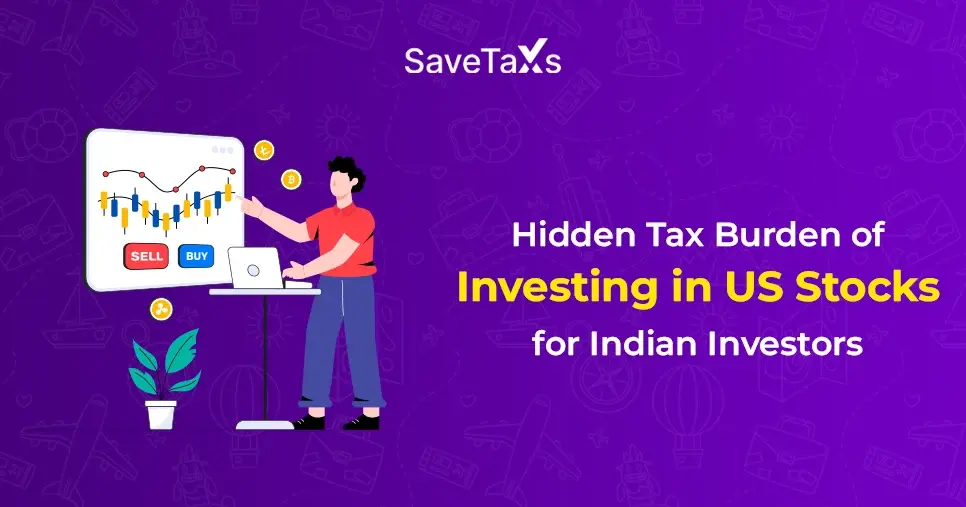
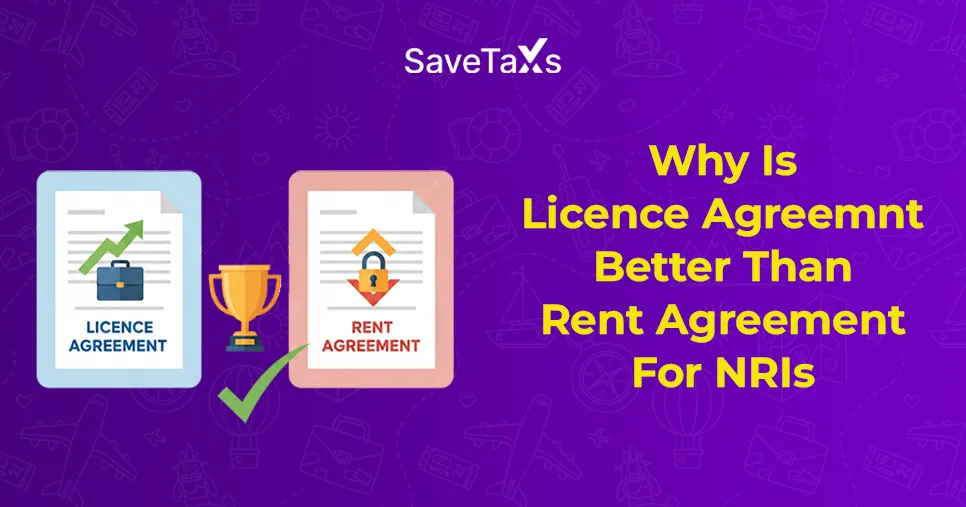
-in-the-USA_1762862398.webp)
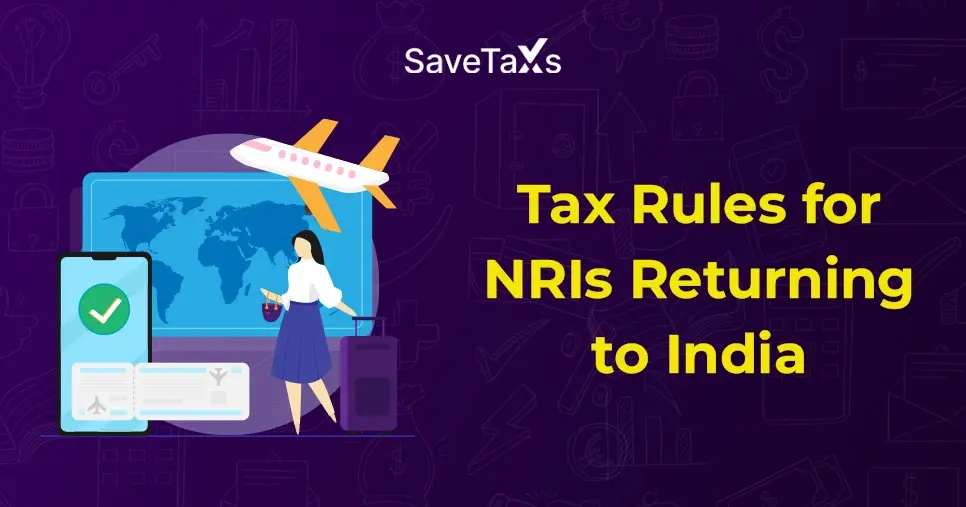
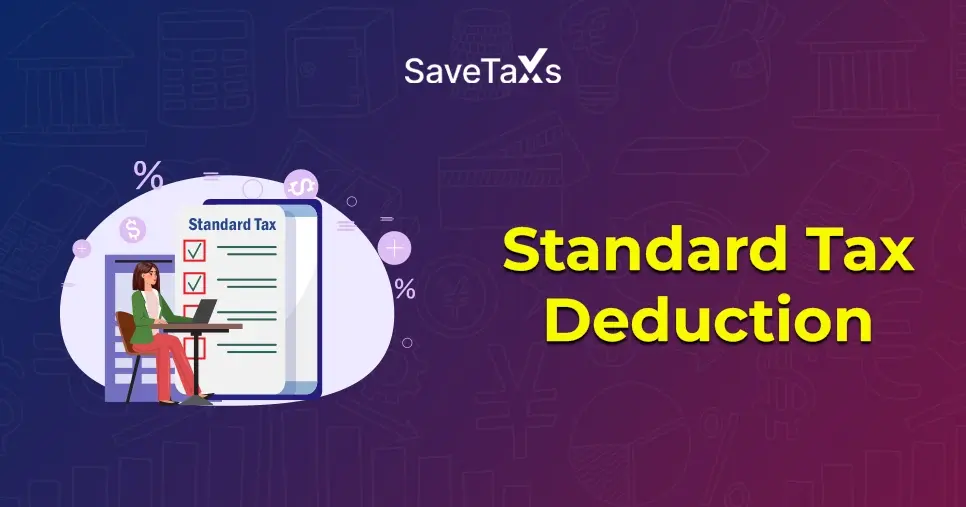
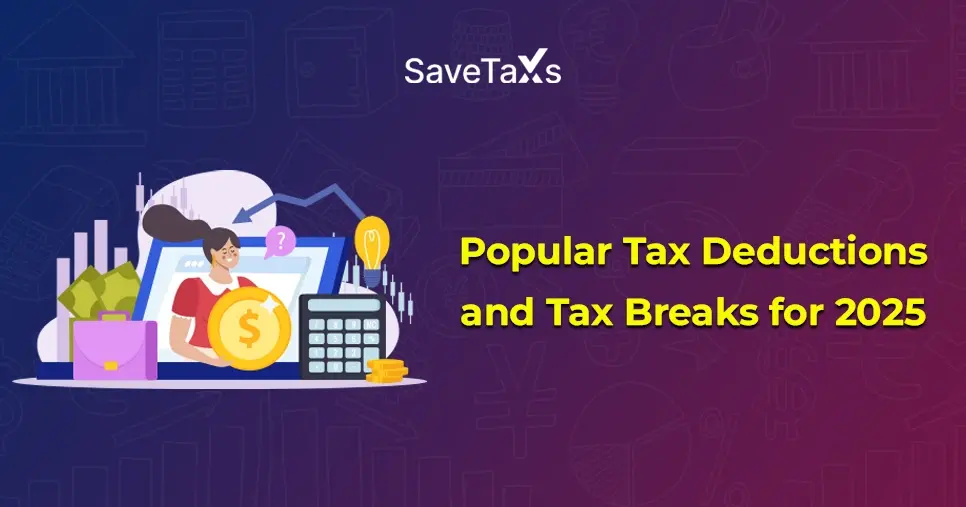
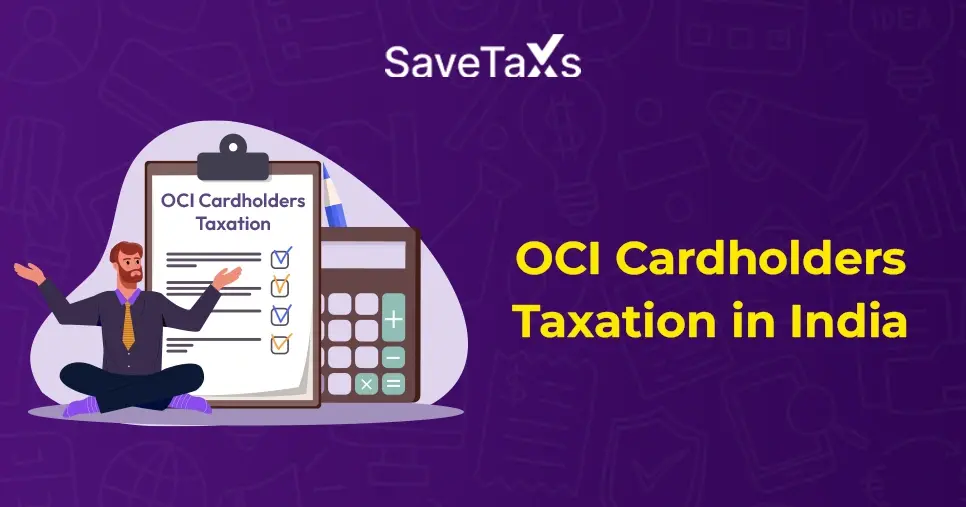
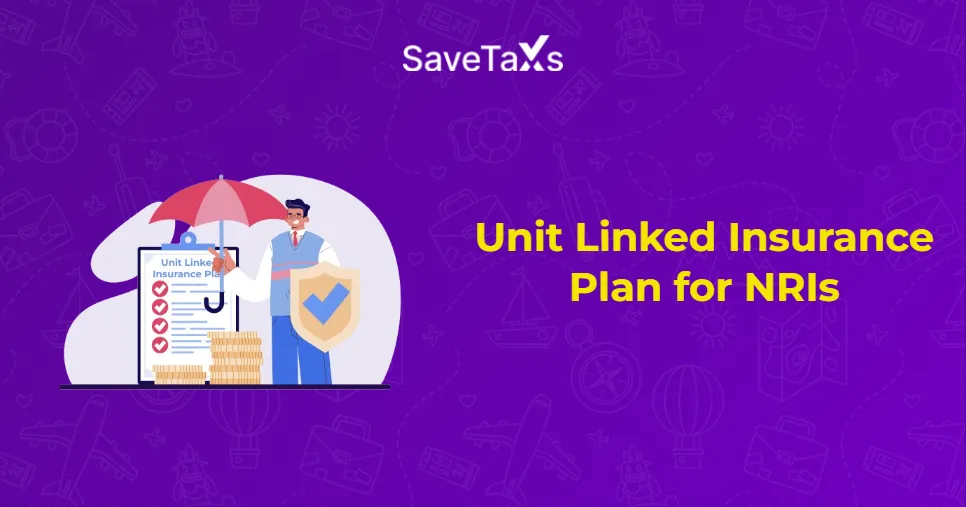
_1768807342.webp)
